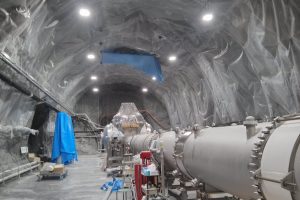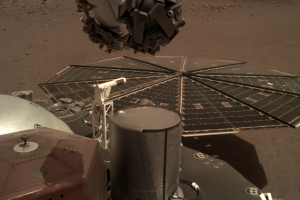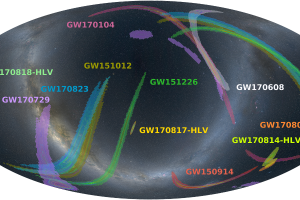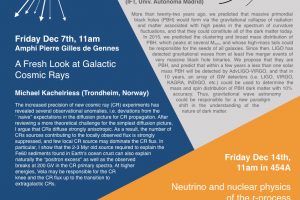PCCP lecture course: “The Physics of KAGRA gravitational-wave detector” – January 8, 2019

by Eleonora CAPOCASA (National Astronomical Observatory of Japan) Three 2nd generation gravitational-wave detectors (the two LIGO and Virgo) are about to come online again, in an upgraded version, for a new data-taking period. The increased sensitivity of the network is expected to result in a higher rate of detections with louder signals so as to enter a mature phase of […]
» Read more



